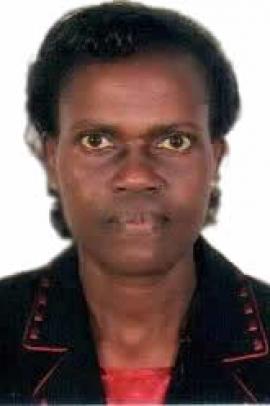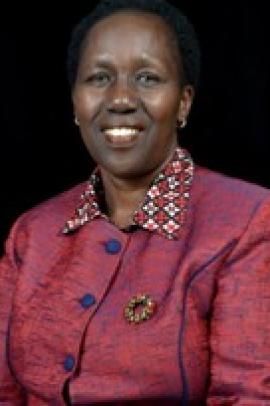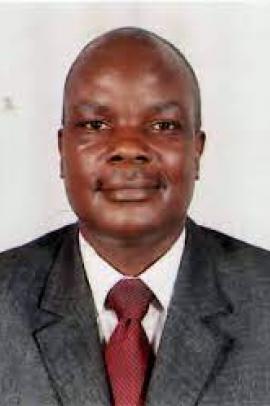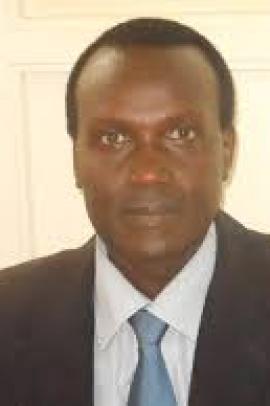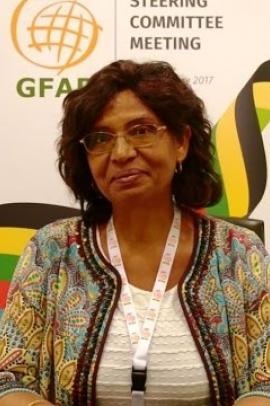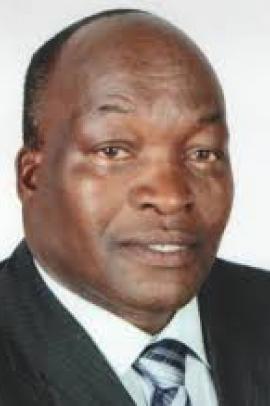The Impact of COVID-19 on Food systems and effects on food and nutrition security Webinar by Faculty of Agriculture, held on Wednesday October 7th, 2020.
Programmes offered In The College
UoN at 50
Establishing a Decentralized & Connected Society for Localizing SDGs in the Face of COVID-19: Webinar by the Distinguished Chair at the Wangari Maathai Institute for Peace and Environmental Studies (WMI), Prof. Kazuhiko Takeuchi, held on Wednesday, September 23, 2020.
Prof. Eunice Mutitu is a full professor of the Department of Plant Science and Crop Protection. She served as Director of Board of Postgraduate Studies at the University of Nairobi from 2009 to beginning of 2015 and prior to that as Chairman of the Faculty of Agriculture Postgraduate Studies Committee. She was the founding Chairman of the Department of Crop Protection in the Faculty of Agriculture from 1997 to 2003. She has served the University of Nairobi for over thirty years where she is an active member of staff.
From left is Prof. Musangi our lecturer, Dr Alfred Muthee student, Prof. Eunice Mutitu student, and Prof. Contant our first Dean Agriculture Taken at the end of our BSc Agriculture course in March 1973
Up to the mid-1980, universities were acting as training institutions, to train for replacement of the expertise that had left after the Country attained independence and a few more for onward progression in the development of the Country. The jobs were available in all areas, in the public and private sector. As young lecturers we enjoyed teaching the existing traditional curriculums. The graduates rarely thought of self-employment as option. But in 1986, I recall that one graduate of the Department in the class of 1980 started a micro-enterprice in the processing of jams. He was then still in employment by the Ministry of Industry.
After 1986, the Government declared that there were not enough jobs for all the graduates from the Universities. The universities were turned into education institutions. There was panic everywhere, the graduates, the parents and the institutions. Teaching of traditional curriculums no longer seemed to be enjoyable. Incidentally even with this constraint, very few graduates dared venture like Muraguri into self-employment. There has up to today been a lot of inertia for the mindsets of the graduate and the parents ton change. Government must create jobs.
The universities, there are many today, have to do a paradigm shift in the way they teach. To start teaching for innovation identification and development – to the level of execution by self or others who are willing to buy it. Transform the mind-sets of the graduates to develop into thinkers, innovators and employers. The teachers also have to shift the paradigm of the way they teach. Many of them do not even know what innovation means. This is the only way we can join the rest of the World on this journey of the university evolution.
QUOTE
Then it used to be enjoyable to teach students whose hope for a future was glimmering in the eyes. These days with gaping eyes of uncertain future after graduation with very little clue about other safety channels besides salaried employment.
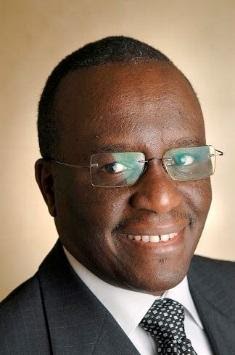
My name is Patrick Mugo Muraguri. I graduated with an Honours Bachelor of Science degree in Food Science & Technology from the University of Nairobi in December 1980. The degree was 3 years and I was in a class of 20 students drawn from around Kenya. At the time the Department of Food Science & Technology was within the Faculty of Agriculture. From the outset, my desire was to work in a business environment involving food processing. I first worked as an industrial development officer in the Kenya government’s ministry of industry providing helpful advice for commercialisation of food processing opportunities around the country. I established my own small scale food processing company in 1985 called The Food Express Ltd and was manufacturing jam and marmalade using locally grown fruit. Other locally available inputs included the packaging materials. I wound up the business in 1993 when economic conditions changed drastically causing consumer purchasing power to be adversely affected and unable to afford certain categories of products intended for the middle income class.
For over 25 years since then I have been a small and medium enterprise improvement consultant and facilitator including in countries outside Kenya. I performed the role in Kenya Uganda, Tanzania and in Australia, where I am now based. I intend to return home to Kenya to contribute significantly in the development of enterprises and the economy. I will be applying a broad range of skills, knowledge and experience that I have accumulated while working overseas.




